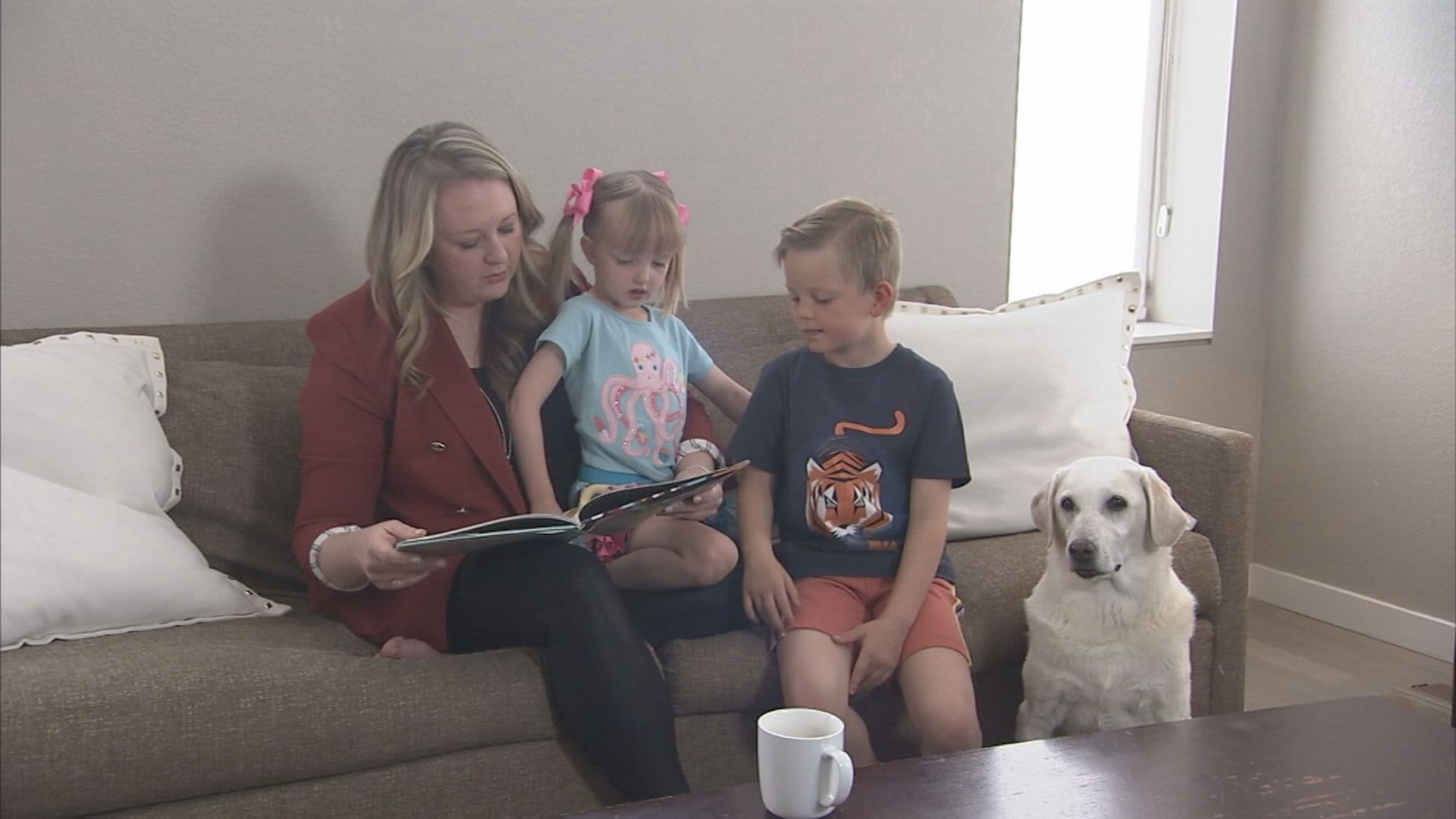[ad_1]
Many people have bought and sold cryptocurrencies as an investment, yet trying to live on a salary paid in crypto is tricky.
Alyssa Howell spent much of her career in the gold-mining industry before joining a crypto-wallet company last fall that pays all of its employees in bitcoin. The Denver-area resident said learning the ins and outs of the crypto industry — different types of virtual wallets, non-fungible tokens (NFTs), and browser extensions — has been quite an education.
“It has been a very steep learning curve for me,” said Howell, 35, who works in investor relations for Exodus, a bitcoin and crypto wallet firm. “It is just a new industry, but also it’s very fast-moving.
“So there’s always something new within crypto that has evolved.”
Howell never owned digital currencies before taking this job. Now she is paid in bitcoin on the first of every month — based on her salary in U.S. dollars.
“If bitcoin is $50,000 (per token) and I make $25,000 per month, I’ll receive half of a bitcoin,” said Howell. “Now on the first [of the month], our company sets the price, so at a certain time on the first of every month, they’ll say this is the exchange rate for bitcoin.” Employees can then convert their crypto paychecks into dollars, with the company covering the conversion fees.
Yet, this single mother of two has gone all-in with crypto. She recently purchased a new home, but struggled with the first lender she tried not accepting her bitcoin income.
Allysa Howell, left, works for a crypto-wallet company that pays all of its employees in bitcoin.
“I was disqualified from a mortgage, which made me really nervous,” said Howell as she reflected on the experience. “Luckily, that’s not the standard; the world is changing, the world is evolving.”
She found a lender to accept her bitcoin income and it was one that also let her make mortgage payments in cryptocurrency. However, the loan was recently sold and the new servicer will not take crypto payments.
“It was a huge disappointment for me,” said Howell, “I’ll have to buy fiat [U.S. dollars] to pay my mortgage, and I really try my best to live within the crypto space.”
Howell said she keeps 10% of her bitcoin pay for retirement savings and isn’t worried about the currency’s ups and downs. “I’m long-term cryptocurrency so I’m not watching the volatility on the day today,” she said. “I’m here for the next five years, the next decade, the next two decades.
“That’s where I really see the opportunity,” she added.
Exodus’ CEO JP Richardson said the company pays its employees in bitcoin to help make virtual currencies more mainstream.
“By us backing the technology and by us embracing that technology and paying our employees with the technology, we are saying that we believe in this long-term,” Richardson said.
Richardson also lives much of his personal financial life using crypto and he keeps enough money in U.S. dollars to manage expenses, he said, “in case, God forbid, something were to happen to cryptocurrency.”
Bitcoin prices have been a on a roller coaster. The price hit a high above $68,000 and has traded below $30,000 for the last two weeks.
Financial advisors caution investors to balance crypto investments with other financial goals. Before investing in crypto, make sure you have sufficient emergency savings and disability and life insurance and are saving enough for retirement.
Yet advising clients can be tricky.
Ersinkisacik | Istock | Getty Images
“We’re trying to figure out as an advisor, and as a fiduciary, what is the best way for us to help our clients in this space,” said Catherine Valega, a certified financial planner and chartered alternative investment analyst with Green Bee Advisory, based in the Boston area.
Other considerations include fees incurred when exchanging bitcoin for dollars as well as tax implications.
President Joe Biden issued an executive order in March for regulators to consider the risks and benefits of cryptocurrencies.
In the meantime, financial advisors warn consumers and investors that cryptocurrencies do not provide the same protections that come with a traditional bank or brokerage account.
Still, Howell views cryptocurrency as the future and wants her children to learn its value.
“What’s important for me to teach them is that money has value,” she said. Even though you can’t see it or feel it, we ascribe value to it.
“I am really focused on raising them to be prudent and spend well.”
[ad_2]
Image and article originally from www.cnbc.com. Read the original article here.

